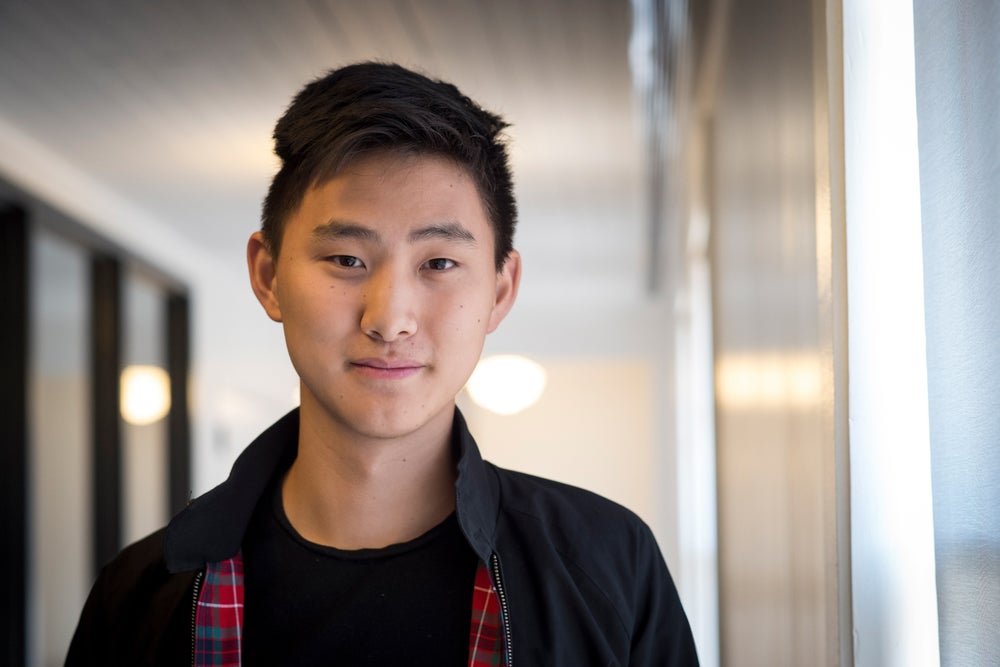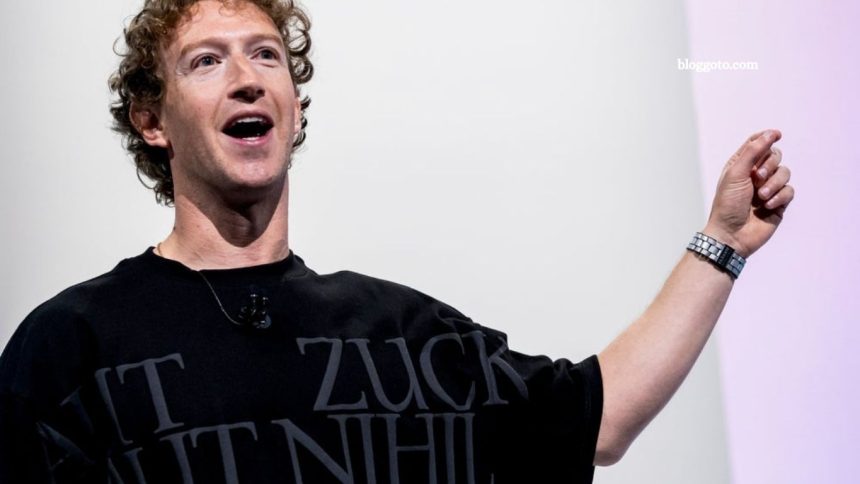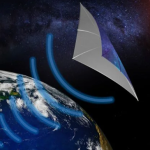Meta CEO Mark Zuckerberg, at 41, is steering the tech giant into a new frontier: superintelligence. With a vision of AI that surpasses human capabilities, Zuckerberg has launched a new division—Meta Superintelligence Labs (MSL)—dedicated to leading the global race toward advanced AI.
In a memo shared with employees and made public by CNBC, Zuckerberg laid out Meta’s ambitious plan to become the leader in the development of artificial superintelligence, revealing new hires from top competitors and a powerful leadership team to guide this evolution.
Meta Superintelligence Labs: The New AI Nerve Center
Meta Superintelligence Labs (MSL) will unify all of the company’s AI research and product development arms, including its FAIR (Fundamental AI Research) team. This centralized effort aims to fast-track the development of next-generation AI models that will shape the future of human-machine interaction.
Read More: Microsoft Replaces the Iconic ‘Blue Screen of Death’—Here’s the New Look
Alexandr Wang Takes the Helm as Chief AI Officer
Zuckerberg announced that Alexandr Wang, the 28-year-old former CEO of Scale AI, will head MSL as Meta’s first Chief AI Officer. Known for his innovative work in AI data training, Wang brings a fresh, entrepreneurial spirit to the helm of Meta’s AI endeavors.
Joining Wang is Nat Friedman, former CEO of GitHub, who will co-lead the team. Zuckerberg called Wang the “most impressive founder of his generation,” a strong endorsement that signals high expectations for the MSL’s direction.
Meta’s Multi-Billion Dollar Bet on Superintelligence
Meta isn’t just talking AI—it’s investing big. The company recently took a 49% stake in Scale AI through a $14.3 billion deal, effectively absorbing top-tier talent, including Wang. That’s only a fraction of the estimated $60 billion to $65 billion Meta plans to spend in 2025 on AI infrastructure and research.

Poaching the Best: Meta Attracts Top AI Talent
To strengthen its lead, Meta is aggressively hiring elite researchers and engineers from rival firms. Recent additions to MSL include:
- Jack Rae and Pei Sun (ex-Google DeepMind)
- Trapit Bansal and Hongyu Ren (formerly with OpenAI)
- Joel Pobar (former Anthropic software engineer)
These hires are part of Zuckerberg’s vision of building what he calls “personal superintelligence for everyone.”
What Is Personal Superintelligence?
Zuckerberg envisions a world where every individual can access a personalized AI assistant that operates at superhuman cognitive levels. This AI would understand, learn, and evolve with each user—across Meta’s platforms such as Facebook, Instagram, WhatsApp, and more.
“As the pace of AI progress accelerates, developing superintelligence is coming into sight,” Zuckerberg wrote. “I believe this will be the beginning of a new era for humanity.”
This mission aligns with Meta’s broader goal to embed AI deeply into its ecosystem—used by over one billion monthly active users globally.
The AI Talent War: Meta vs. OpenAI, Google, and Anthropic
In a highly competitive AI landscape, talent is the most valuable currency. Earlier this month, OpenAI CEO Sam Altman accused Meta of offering $100 million signing bonuses and compensation packages “beyond that” to lure researchers away from OpenAI.
Meta CTO Andrew Bosworth pushed back against these claims in a company meeting, stating:
- “The market’s hot. It’s not that hot.”
Regardless of the exact numbers, it’s clear Meta is willing to invest significantly to attract the brightest minds in AI. This aggressive talent acquisition strategy reflects the company’s urgency to lead in AI innovation.
How Meta Plans to Win the Superintelligence Race
Meta’s approach to AI development hinges on three key pillars:
Centralized AI Leadership
By forming MSL and consolidating its AI resources, Meta streamlines decision-making, reduces redundancy, and enhances collaboration.
Massive Infrastructure Spending
The planned $60–$65 billion AI budget for 2025 will fund next-gen data centers, GPU clusters, and training environments essential for scaling AI models.
Top Talent Recruitment
With industry leaders like Wang, Friedman, and researchers from OpenAI and Google, Meta is assembling an AI “dream team” to build the most powerful models in the world.
What This Means for the AI Industry
Meta’s push into superintelligence comes amid a global AI arms race. While companies like OpenAI focus on general intelligence, and Anthropic explores AI safety, Meta’s scale, user base, and resources give it a unique advantage in building widely adopted AI systems.
With over $1.8 trillion in market capitalization and billions of users, Meta has the reach to test and deploy superintelligent AI in real-world environments faster than most competitors.
Frequently Asked Questions
What is Meta Superintelligence Labs (MSL)?
MSL is a new division within Meta focused on developing superintelligent AI that surpasses human intelligence. It consolidates all of Meta’s AI teams under one umbrella.
Who is leading Meta’s AI efforts?
Alexandr Wang, former CEO of Scale AI, has been appointed as Meta’s Chief AI Officer. He will co-lead MSL with Nat Friedman, ex-GitHub CEO.
What is Meta’s vision for AI?
Meta aims to create “personal superintelligence” for everyone—highly personalized AI assistants that can understand and support users across all Meta platforms.
Why did Meta invest in Scale AI?
Meta acquired a 49% stake in Scale AI for $14.3 billion to onboard top talent, including Wang, and to access valuable training data and AI infrastructure.
Is Meta poaching talent from other AI companies?
Yes, Meta has recently hired researchers from OpenAI, Google DeepMind, and Anthropic as part of its push to dominate AI innovation.
How much is Meta spending on AI in 2025?
Meta plans to invest between $60 billion and $65 billion on AI infrastructure, model development, and research.
Are the rumors about $100M signing bonuses true?
While OpenAI’s Sam Altman made this claim, Meta CTO Andrew Bosworth denied it, saying Altman was “being dishonest” and exaggerating the figures.
How does this impact Meta’s users?
Over a billion users across Facebook, Instagram, and WhatsApp could see smarter, more responsive AI features in their apps within the next year or so.
Conclusion
Mark Zuckerberg’s move to centralize and aggressively expand Meta’s AI capabilities marks a turning point—not just for the company, but potentially for the entire AI landscape.
By launching Meta Superintelligence Labs, bringing in bold leaders like Alexandr Wang, and recruiting top-tier talent from rival firms, Meta is positioning itself as a front-runner in the race for superintelligent AI.











